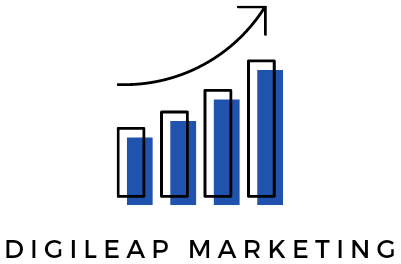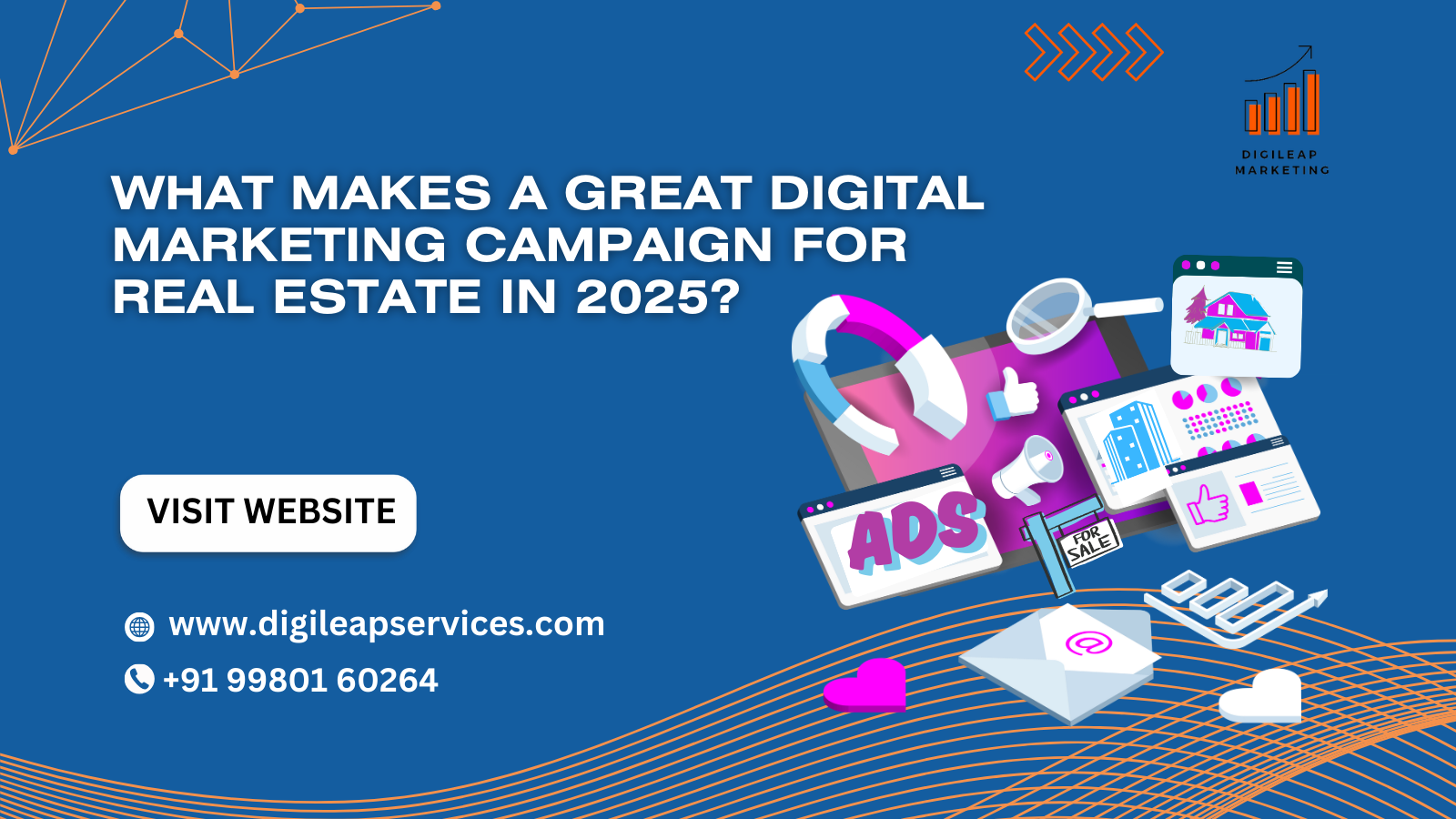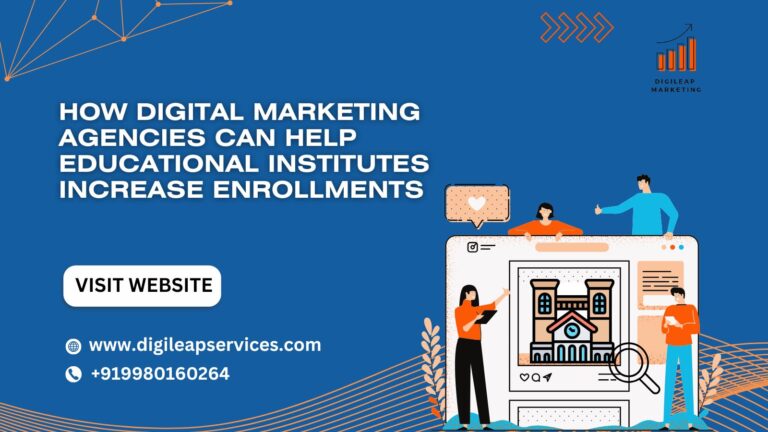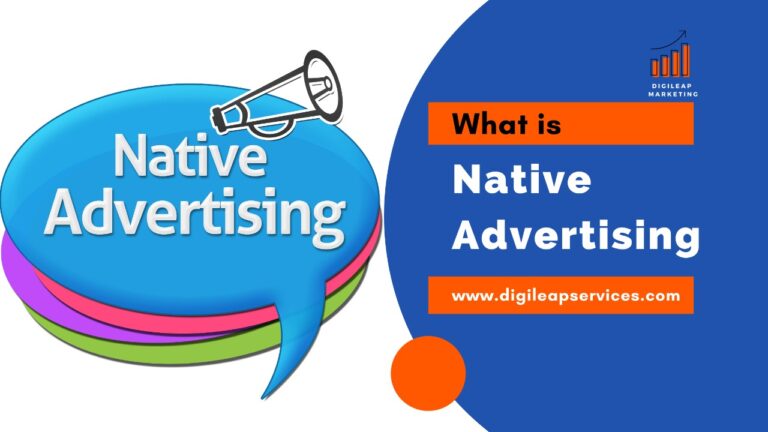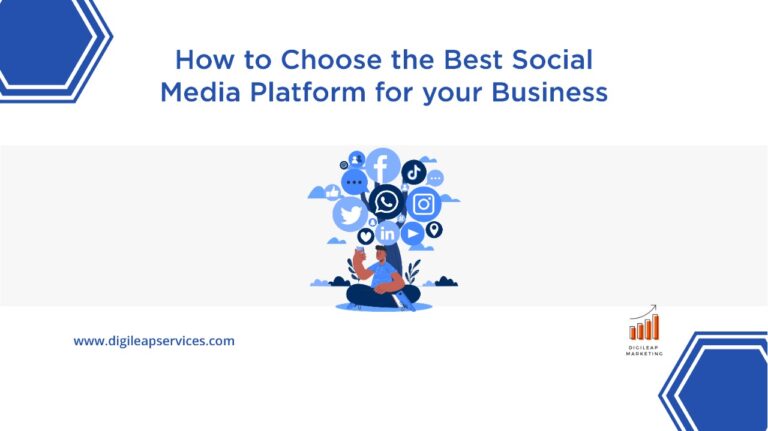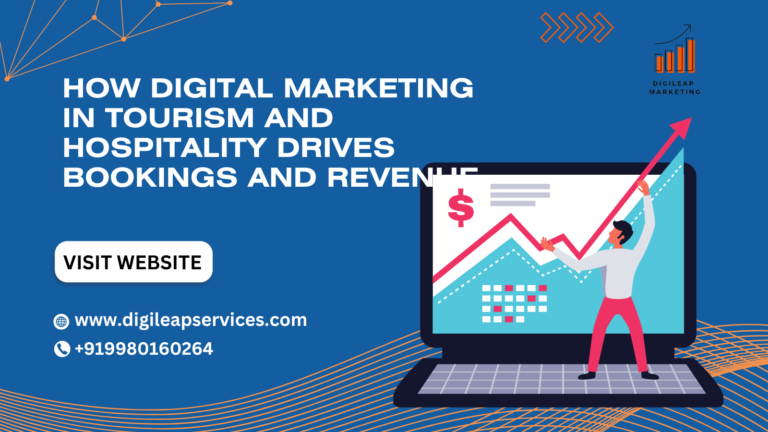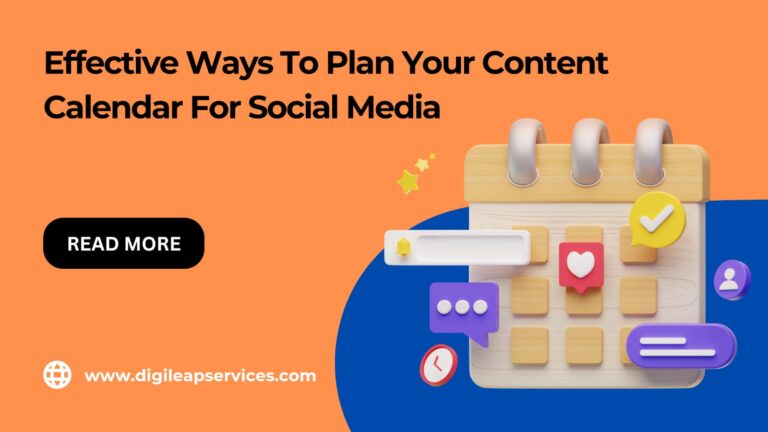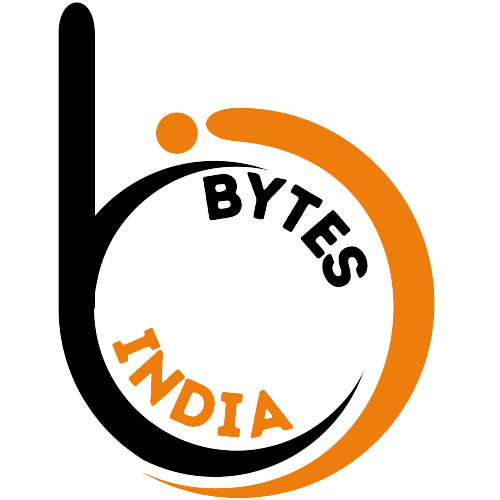What Makes a Great Digital Marketing Campaign for Real Estate in 2025?
The real estate market in 2025 is highly competitive and requires innovative digital marketing strategies that would succeed in being distinguished. There are no longer traditional tactics that suffice; buyers and sellers expect hyper-personalised and tech-driven engaging experiences. Real estate marketers should adopt emerging trends, cutting-edge technologies, and high-impact content strategies for success. This blog will be about all that goes into creating a stellar digital marketing campaign in real estate for the year 2025.
1. AI-Powered Personalisation and Predictive Analytics
AI has completely transformed digital marketing through the way it allows real estate brands to deliver the most hyper-personalised experiences. Businesses, through AI-driven chatbots, virtual assistants, and predictive analytics, gain a better understanding of consumer behaviour and offer more personalised property recommendations.
- Predictive Analytics: By understanding search patterns, previous interactions, and the financial capabilities of a potential buyer, AI tools predict what a buyer wants even before he or she realises it. Thus, real estate marketers can easily get potential leads with quite high intent.
- Chatbots & Virtual Assistants: AI-powered bots provide immediate information about a property, schedule viewings, and even conduct initial negotiations, increasing lead conversion rates.
- Hyper-Personalised Ads: With programmatic advertising, AI can make a behaviour-centric, highly dynamic digital marketing campaign that shows properties to the target buyers at the right time. AI adoption can help create stronger relationships with customers in real estate and drive higher engagement.
2. Video-First Content: 360° Tours & Interactive Experiences
Static images and property descriptions in text are utterly obsolete. What buyers want now is an experience that can bring the properties alive. In-stream ads, mainly 360° digital tours, drone pictures, and augmented reality (AR) have emerged as crucial parts of real estate campaigns.
- 360-degree Virtual Tours & VR Experience: Buyers can enjoy the freedom of exploring homes remotely, saving them from wasting time and making more informed decisions. This kind of experience is a big plus for all international investors or buyers from out of town.
- Live Property Walkthroughs: Hosting live Q&A sessions on social media platforms like Instagram, Facebook, or YouTube creates real-time interaction and builds trust among audiences.
- Drone Footage & Cinematic Videography: High-definition aerial shots display the surrounding area, neighbourhood, and other unique characteristics of a given property.
It attracts buyers and increases conversion rates significantly.
Also Read ⇒ 10 Best Real Estate Agent PPC Companies to Maximise ROI in India
3. SEO & Localized Search Optimization for Digital Marketing Campaigns
A highly optimised digital marketing campaign ensures that actual property listings appear at the top of the search results. Since ninety-seven per cent of home shoppers seek online, real estate brands should pay attention to search engine marketing (Search Engine Optimisation) and hyper-local search techniques.
- Voice Search Optimisation: The rise of smart assistants such as Alexa and Google Home requires optimising content for voice queries. Instead of typing in short keywords like “House for sale near me,” people now ask questions.
- Google My Business (GMB) Optimisation: Ensuring that business listings are updated with accurate location, contact information, and client reviews boosts visibility in local search results.
- Long-Tail Keywords & Niche Content: From generalised keywords like “buy a house” to more specific ones, such as “affordable 3-bedroom apartments in Los Angeles with sea view,” which constitute highly targeted leads.
By integrating SEO-driven blogging, localised content, and structured data, brands such as Digileap Services would be on their way to ensuring the fulfilment of high-ranking and organic traffic growth.
4. Social Media & Influencer Collaborations
Right now, real estate marketing is being done using social media. For 2025, it needs to shift to realistic storytelling and influence-based and AI-led social media marketing techniques.
- Micro-Influencers & Local Experts: Collaboration with real estate influencers or community figures builds trust and goes further. JD States highly relies on third-party endorsements rather than direct advertising.
- Catching Up on Short Form: TikTok, Instagram Reels, and YouTube Shorts are now among the must-have sites for short clips on property, renovation tips, or advice on real estate investment.
- AI-generated Content & Scheduled Posts: Automates activities of engagement and keeps consistency by using AI-powered tools to plan, analyse trends, and give an idea of high-performing content.
Maintaining a strong social media presence increases credibility and keeps brands in mind for prospective buyers.
5. Smart Email & WhatsApp Marketing Automation
Traditional as they may be, the best in email marketing is that it has remained one of the highest ROIs for the real estate marketer. By 2025, the future will be geared toward hyper-personalisation and automation to be competitive.
- AI Personalised Drip/digital marketing Campaigns: Customised email sequences delivered in sync with the user activity trigger, where prospects would get listings relevant to them, price updates, and industry insights, all at optimal times.
- WhatsApp Business & Instant Messaging: Super-efficient, fluid contact with buyers’ wants. WhatsApp chatbots and auto-responders streamline inquiries and effectively convert leads.
- Interactive Email Content: Inputting GIFs, video snippets, and links to property tours increases the forms of email engagement and action.
A data-driven, custom email and messaging approach keeps buyers up-to-date and effectively nurtures leads.
Also Read ⇒ The Do’s and Don’ts of PPC Advertising for Real Estate Professionals
6. PPC, Retargeting, and Hyper-Local Digital Marketing Campaigns.
Paid advertising will always remain a notable stake in digital marketing. It is only in the year 2025 that the strategic mixture of PPC, retargeting, and geofencing advertisements will be effective.
- Geo-Targeted Ads: Hyper-localised digital marketing campaigns target potential buyers searching for properties in defined neighbourhoods. So, a high relevance is assured.
- Retargeting Ads: AI-based retargeting campaigns ensure those users who have previously visited your listing will be referred to again by subsequent ads. Thus, this increases the chances of converting them.
- Social Media & Google Ads Synergy: A well-balanced mix of Google Search Ads campaign, Facebook Lead Ads, and Instagram Carousel Ads ensures broad targeted outreach.
A high-performing paid advertising strategy ensures that brands hit the right buyers at the right time.
Final Thoughts: The Effect of Digital Marketing Campaigns on the Real Estate Business
The real estate industry is evolving unexpectedly, and digital advertising ought to keep pace. A blend of AI-pushed personalisation, immersive video content, strong search engine marketing, and hyper-neighbourhood paid advertising creates a winning digital marketing campaign in 2025. By leveraging current developments and technology, real estate experts can entice purpose-driven buyers, enhance engagement, and force conversions.
At Digileap Services, we specialise in crafting high-impact real estate digital advertising strategies that power results. Whether you’re trying to beautify your brand’s visibility or generate leads, our statistics-driven method guarantees achievement in the market.
Are you ready to take your real estate marketing to the next level? Let’s connect!
